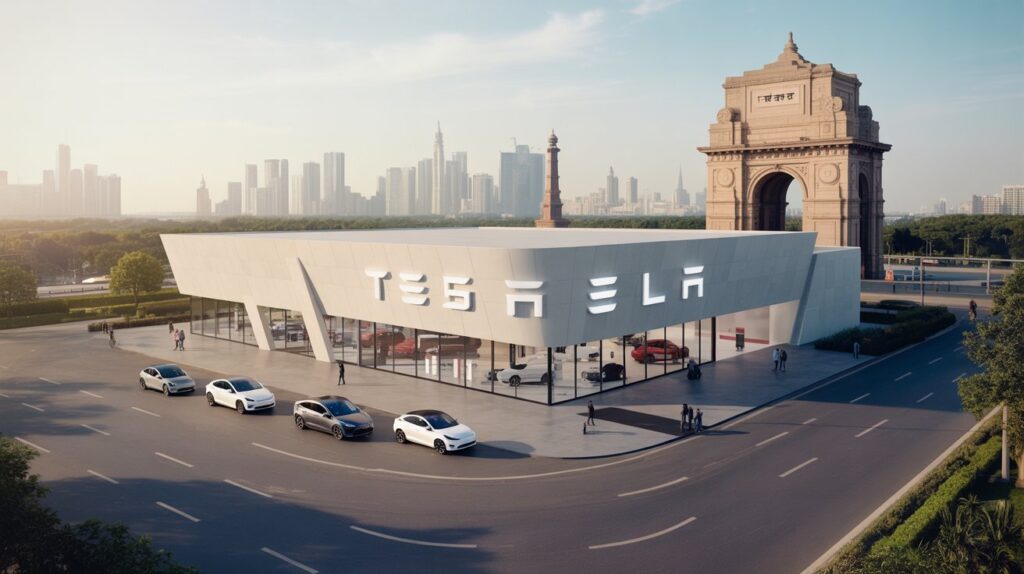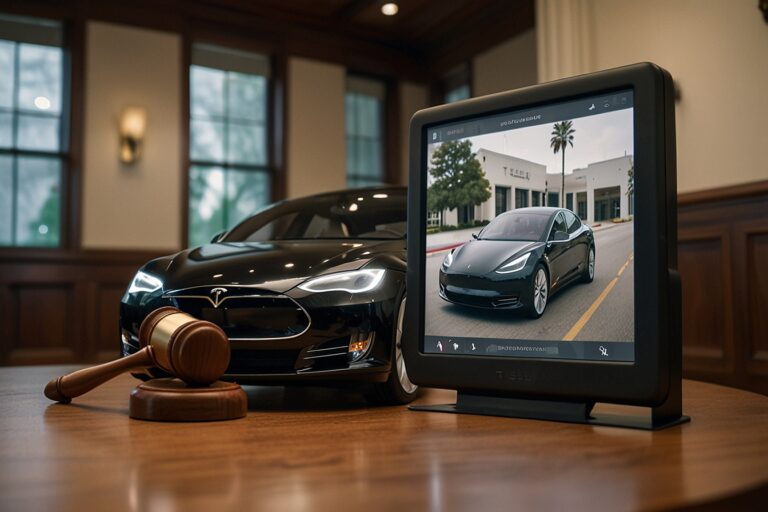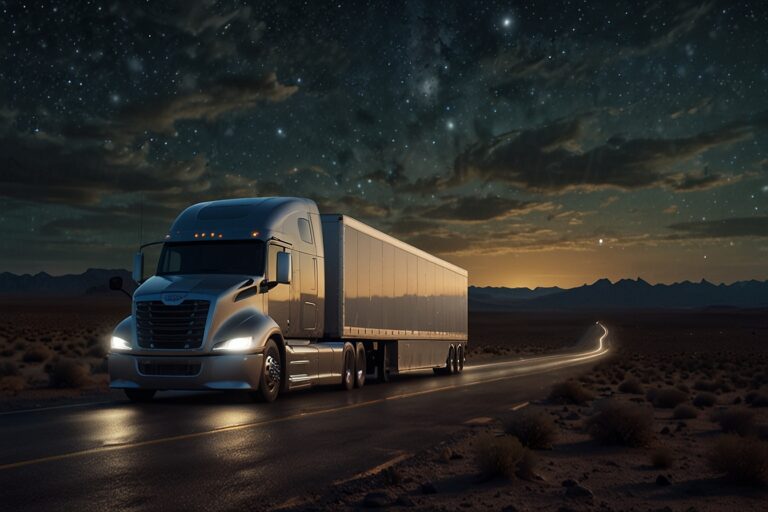
TL;DR
- Tesla is reportedly preparing to start selling EVs in India, according to a Bloomberg News report.
- The company is set to open its first showroom in Mumbai, with potential deliveries beginning as early as August 2025.
- Hours after the report, Tesla launched an official X account for India, signaling imminent entry.
- However, Tesla faces steep 70% import duties, per Reuters, unless local manufacturing begins.
- India joins a wave of new markets Tesla is targeting as growth stagnates in mature regions.
Tesla Finally Makes a Move into India
After years of anticipation and repeated delays, Tesla appears to be on the verge of launching operations in India — one of the world’s fastest-growing automotive markets. According to Bloomberg News, the EV maker is preparing to open its first showroom in Mumbai, and could begin vehicle deliveries as early as August.
The development follows a flurry of renewed engagement with Indian regulators and a broader strategy to expand into untapped international markets as Tesla’s aging EV lineup faces plateauing demand in North America and Europe.
New Social Media Signal Confirms Entry
Tesla has also activated a dedicated X (formerly Twitter) account for its Indian business, posting an illustration of the Mumbai skyline accompanied by the words “Coming soon.” The account’s launch is a strong signal that the company is gearing up for official entry.
The post was shared just hours after the Bloomberg report, reinforcing speculation that Tesla’s India operations are no longer speculative — but imminent.
New Markets: India Joins Saudi Arabia
This move comes on the heels of Tesla’s entry into Saudi Arabia, where it began selling EVs earlier this year despite the region’s oil-rich economy. The Saudi launch was seen as a bold geopolitical and strategic move — and now India is next.
India presents a far more complex opportunity than Saudi Arabia. With over 1.4 billion people, a fast-expanding middle class, and increasing pressure to reduce urban pollution, India is a natural candidate for EV adoption.
But logistical, regulatory, and pricing challenges remain.
The Data
| Key Development | Details |
| First Showroom Location | Mumbai, India |
| Estimated Launch Timeline | August 2025 |
| Official Communication | @TeslaIndia on X |
| EV Pricing Hurdle | 70% import duty on fully built units |
| Prior India Engagement | Factory talks failed in 2022–2023 |
| Comparable New Market | Saudi Arabia (Tesla entered earlier in 2025) |
| Local Manufacturing Status | No factory agreement reached |
Regulatory Hurdles: Import Duty Remains a Major Barrier
India’s steep 70% import tax on fully built cars remains the biggest challenge for Tesla’s entry strategy. According to Reuters, the company will initially export vehicles into the country — making Tesla’s EVs significantly more expensive than domestic alternatives.
Previously, Tesla engaged in high-level talks with Indian government officials to potentially establish a local gigafactory to bypass import duties, but those negotiations fell apart in 2023.
Unless Tesla reopens those talks or negotiates a duty exemption, its pricing in India could remain a barrier to wide adoption.
India’s EV Market: An Untapped Giant
India’s electric vehicle market is still in the early stages of adoption but shows rapid growth potential. Domestic automakers like Tata Motors and Mahindra Electric are expanding EV offerings in the sub-$25,000 range.
Tesla, which primarily sells vehicles priced above $40,000, will likely be targeting affluent urban consumers in cities like Mumbai, Bengaluru, Delhi, and Hyderabad in the initial phase.
“India is an aspirational EV market, but price sensitivity remains a dominant factor,” said analyst Mehul Jain of TracAuto Global.
Past Attempts at Entry
Tesla’s flirtation with India dates back to 2016, when Elon Musk tweeted about bringing the EV brand to the subcontinent. Over the years, Tesla held several rounds of discussions with Indian trade officials and state governments but failed to commit to local production.
In 2021, the company incorporated Tesla India Motors and Energy Pvt. Ltd., a wholly owned subsidiary based in Bengaluru. Despite this, no official launch took place.
Tesla’s return to the conversation in 2025 suggests that the EV giant sees India as a critical growth frontier — even if the factory issue remains unresolved.
Strategic Timing Amid Global Plateau
Tesla’s decision to enter India now may be strategically timed to combat stagnant sales in mature markets. The company faces increasing competition in China from domestic rivals like BYD and rising regulatory scrutiny in Europe.
Additionally, with newer models delayed and the Cybertruck rollout facing manufacturing delays, Tesla needs geographic expansion to maintain investor confidence and revenue growth.
India’s urban population growth, coupled with increasing government subsidies for EV charging infrastructure, offers Tesla a foothold to reaccelerate demand.






